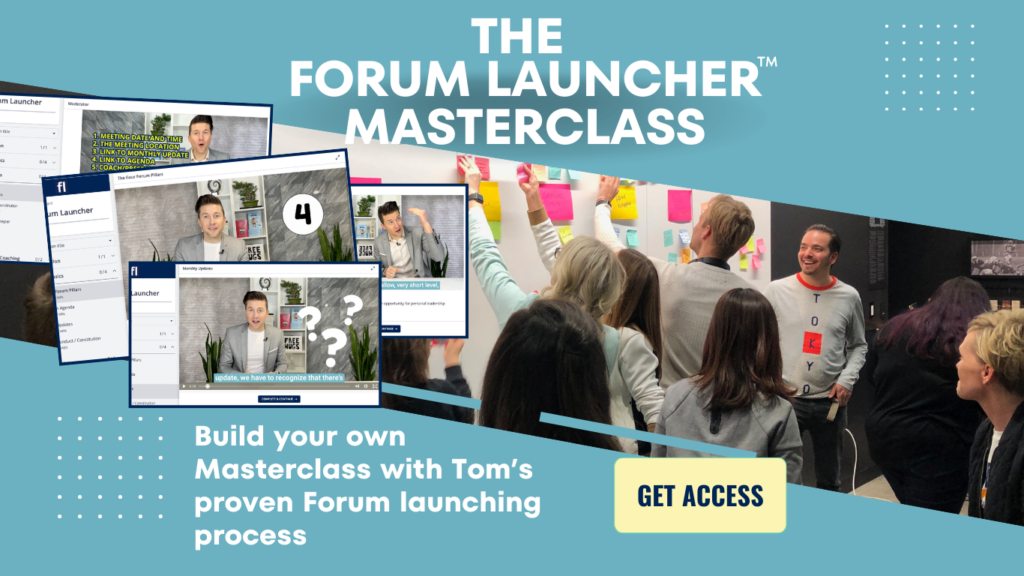Have you ever watched a reality TV show and heard someone say something that you couldn’t believe came out of their mouth? Or they said something and then moments later contradicted themselves? Imagine if you had the ability to have your own words said back to you as if you were being recorded. What kinds of things do you unconsciously say, do, or contradict in your own story?
In Forum, there is a section at the end of a presentation called “The Blind Window” where the presenter gets to experience hearing their own words said back to them.
The idea of the Blind Window, which comes from Johari’s Window, is to uncover information about ourselves that maybe we don’t know, but others see.
The reason this process is so powerful is that it’s hard sometimes to see our faults. We are too close to the “problem” to see it. Said more poetically, it’s hard to read the label from inside the bottle.
Here’s the set up for The Blind Window
- 1) During the presentation, have people take notes on the following things the presenter says or does:
– Interesting things they say
– Contradicting statements
– Body language
– Incongruence between words & body language
– Metaphors
– Absolutes
2) At the start of The Blind Window section, have the presenter face away from the table so they aren’t facing everyone else (or turn off their camera if virtual). The reason for this is so that the presenter doesn’t react to each statement and instead just focuses on listening to what people say. The presenter should probably be ready to take notes while they are turned around because this part of the presentation tends to create some powerful reflection.
3) For 5-10 minutes, the group goes through their notes and shares what they heard/saw in the following format… “I heard her say/do [insert exact words/body movements], which makes me wonder [add a curious question you have related to what they said/did].
e.g. “I heard her say that she is totally open to the idea of trying a new position at work, but later she said she didn’t want to leave her current position at work, which makes me wonder how those two contradictory statements can both be true for her?”
Some notes on step 3:
– Make sure to use their exact words or body moments, don’t summarize or input your own interpretation.
– Make sure your “curious question” is truly a curious question where the person would be able to answer in any direction. We don’t want to use this question as a way to input a suggestion or advice such as, “…which makes me wonder why she hasn’t left the company and just gotten a job elsewhere.”
4) After the time is up, the presenter should stay turned around so the group can do the “If this were my challenge…” part of the presentation, which I’ll explain in another post.
5) The presenter then turns around and the group claps for the person to welcome them back to the group.
The three most common feelings a presenter has while they are turned around and listening to the group’s reflection are:
- “Huh, I’ve never thought about that before. It’s really interesting that I would say that. I’ll have to think about that some more.”
- “No no no, that’s not true, you don’t understand the full reason, so let me explain it to you.”
- “Fu*k you! How dare you say that! You don’t know me!”
While it’s tempting for a presenter to want to react to each thing someone said, they don’t get to do so. Instead, they get to toss irrelevant comments, ignore stupid ones, and keep good ones. The idea is that the presenter should spend their energy reflecting on their own words and actions by themselves, instead of having to react or defend against others.
Forums are a place of shared trust and support. Activities like “The Blind Window” challenge that shared trust and support, but done right it is often noted as one of the most powerful parts of a presentation.

